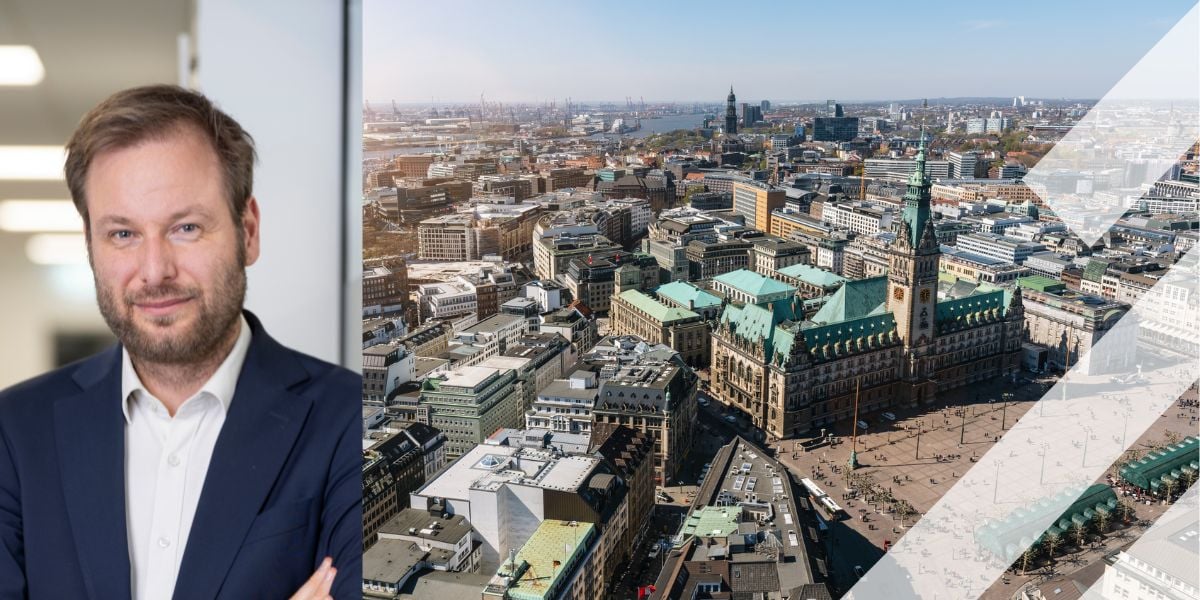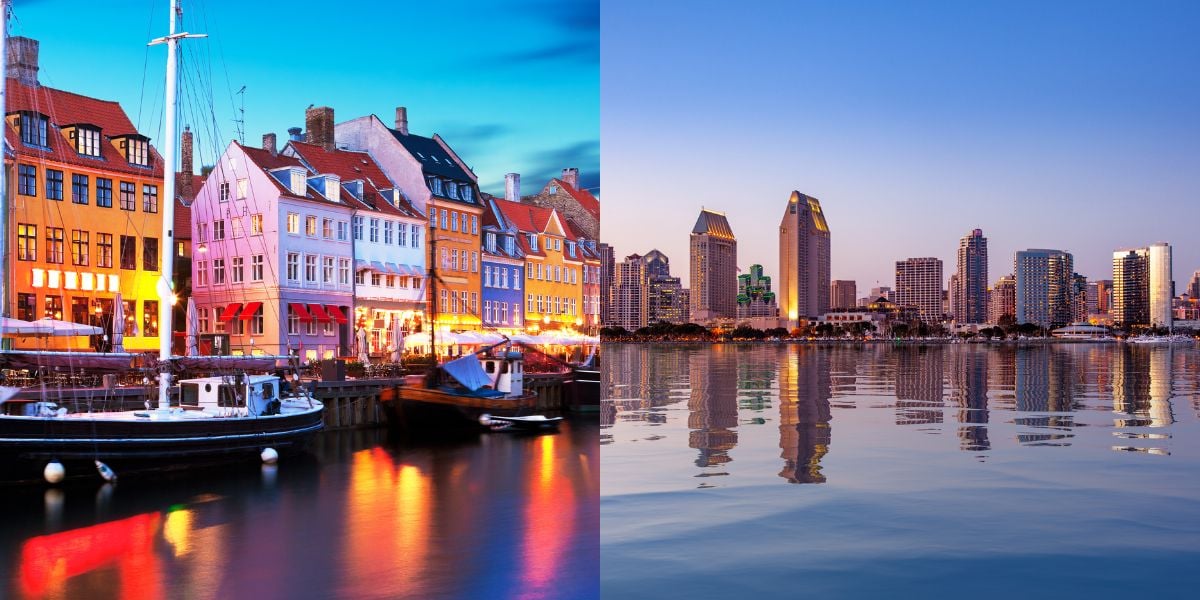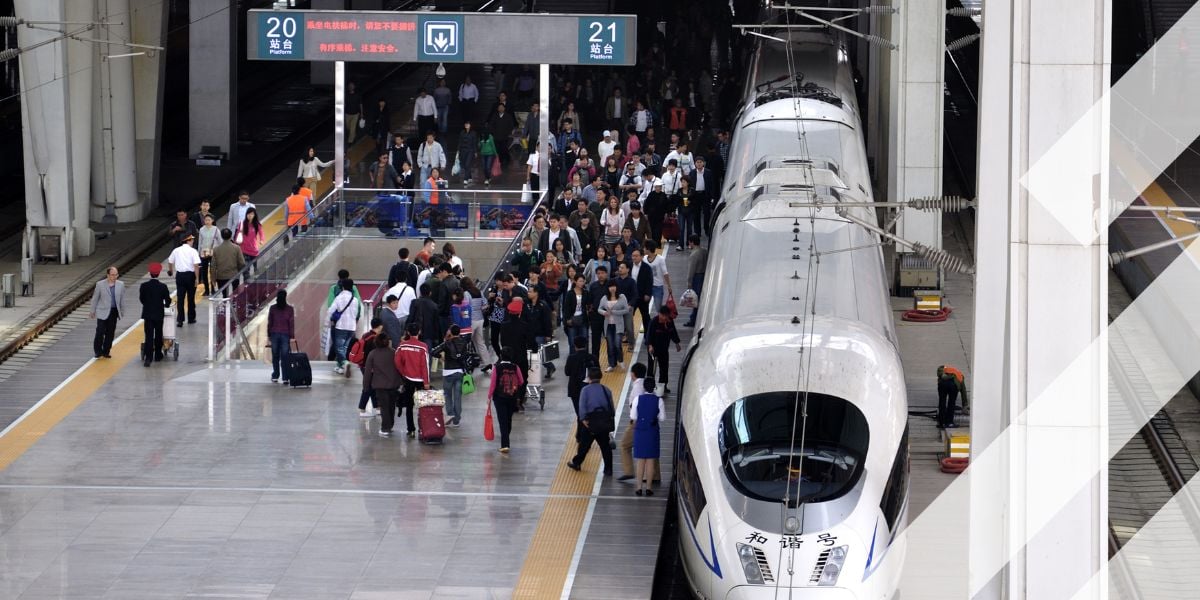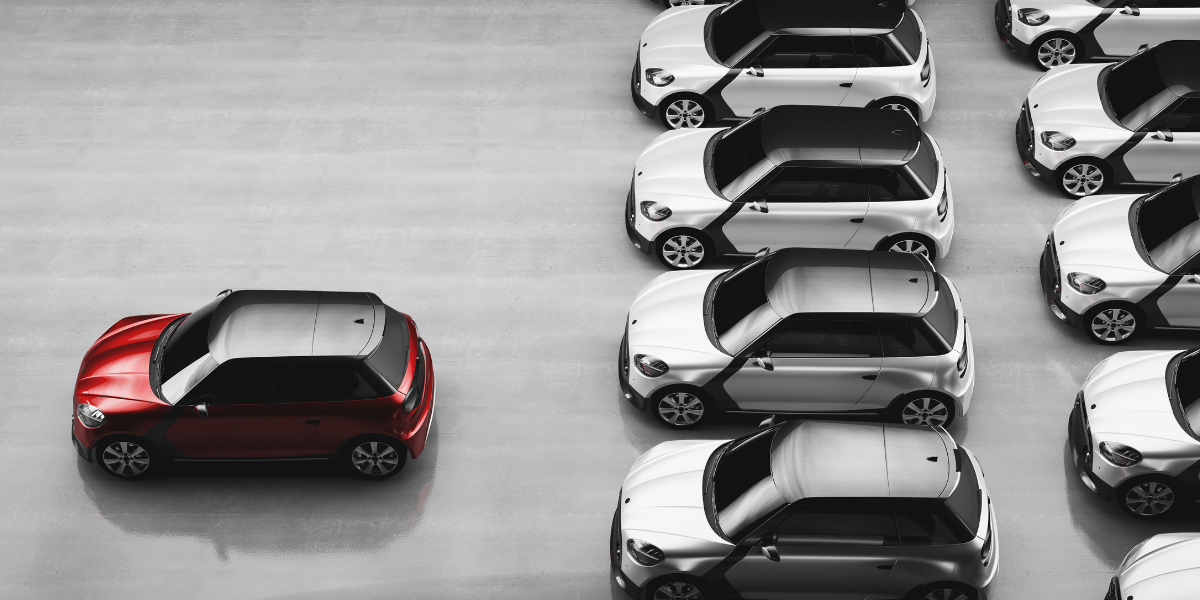Intertraffic ON AIR episode 1: Intelligent infrastructure
ON AIR; On point
Intertraffic’s new ON AIR series launches in style with Intelligent Infrastructure focus
Intertraffic’s new ON AIR series featuring leading industry stakeholders discussing the most relevant topics on the mobility transition went live to the world on Tuesday the 20th of April with a 90-minute exploration into the inner workings of Intelligent Infrastructure, the subject of a recent in-depth market trends analysis article.
Moving away from the typical webinar format, ON AIR has more of a business talk show feel to it, with host Marinda Hall joined in Intertraffic’s Amsterdam studio by HR Groep’s Jacques Goddijn and Chris de Veer, Sector Manager Smart Mobility at the Province of Noord-Holland, with Conference of European Directors of Roads’ (CEDR) General Secretary Steve Phillips joining via Zoom from France.
The bi-monthly shows shine a spotlight on trending innovations and use cases and have the added attraction of featuring live attendee chat, breakout rooms and input sharing via interactive opinion polls. Attendees can expand their knowledge and their network at the same time as On Air also offers “backstage access” where speakers and fellow attendees will be invited to continue the conversation.
Watch and Connect | Intertraffic ON AIR
The live broadcast of our Intertraffic ON AIR episodes 1 & 2 on 20th of April has ended. However, you can watch the episode on our website. Or check out the full 2021 programme and episodes >
“Intelligence is more than just connected, it is more than just automation, it all about self- awareness and reactivity”.
How can road operators continue to successfully fulfil their social task, keeping roads safe, liveable and accessible in the future? And how can they grow towards a climate-neutral and circular implementation of projects and to make maximum use of the rapid developments in the field of digitalisation. To achieve this, a broad transition is needed in the sector. ON AIR’s debut episode sought to highlight the key aspects in this transition: cooperating, innovating and digitalising.
CEDR’s Steve Phillips explained how digitalisation has influenced all aspects of transport and why it so important to share knowledge and harvest the benefits from digitalisation but with an increased focus on “greenness” and sustainability.
Phillips is not a fan of the phrase “future proofing” as it doesn’t suggest change.
“We’re preparing for a future with intelligent roads with connected and automated vehicles… but are we using what we already have correctly?” he proffered, citing GLOSA (Green Light Optimized Speed Advisory) as a case in point.“Intelligent road infrastructure should be the next logical step,” he said.
“For intelligent infrastructure to develop we need to work out the ecological indifferences,” he said. Not just statistics, but insights that will lead to greener mobility, greener infrastructure and, ultimately, safer infrastructure.
“With intelligent infrastructure you might no longer need the physical road sign but instead the driver is informed of the precise point where the speed should be lowered.”
Chris de Veer spoke eloquently about how road operators such as the Province of Noord-Holland working towards a future-proof infrastructure, with the emphasis on bringing traditional information into the car.
“With intelligent infrastructure you might no longer need the physical road sign but instead the driver is informed of the precise point where the speed should be lowered.”
De Veer maintained that the idea of intelligent infrastructure-garnered data being seen as a “vaccine” for traffic congestion was flawed.
“Data is the pill and we need a pill but turning raw data into usable information is a huge step. We need to be honest and open about it. Drivers don’t see what goes on behind the scenes,” he says, “they just want to see the results of our work. There isn’t a vaccine for every transport mode – there has to be one for each transport mode
“Signs are needed as a sort of landmark as well as for liability issues”.
Eschewing traditional road signs is, surely, anathema to the HR Groep who primarily collect data from road signs on behalf of the Dutch Ministry of Infrastructure and Water Management (Rijkswaterstaat) and regional authorities, but Jacques Goddijn insisted that the Netherlands’ world first in creating a digital overview of the entire country’s road signs was a huge step towards speeding up the mobility transition.
“Traffic is a bit like dancing,” he said. “You have to learn how to dance with all the actors – the road directors, the automotive companies…” Goddijn maintained that in the future, to ensure that essential information can be gleaned from road sign data and traffic data, it was imperative for all players to be “open, to consider public-private partnerships, to collaborate, be interactive” and, crucially, “to share goals.”
He reported that a number of his more senior members of staff (senior by age, that is) were now moving to the data side of the business, citing the growing importance and relevance of innovations in data collection and analysis as the primary reason.
Next Intertraffic ON AIR series
22 June: Parking as a Service and Improving road safety
September: Accelerating sustainable mobility and Connected Automated Driving
December: Smart dynamic traffic management and Next generation mobility
Related content
Speeding up the mobility transition | Hetty Lemmen, OFN
Speeding up te mobility transition: David Eskilsson, Edeva
Text
The bi-monthly shows shine a spotlight on trending innovations and use cases and have the added attraction of featuring live attendee chat, breakout rooms and input sharing via interactive opinion polls. Attendees can expand their knowledge and their network at the same time as On Air also offers “backstage access” where speakers and fellow attendees will be invited to continue the conversation.
Watch and Connect | Intertraffic ON AIR
The live broadcast of our Intertraffic ON AIR episodes 1 & 2 on 20th of April has ended. However, you can watch the episode on our website. Or check out the full 2021 programme and episodes >
“Intelligence is more than just connected, it is more than just automation, it all about self- awareness and reactivity”.
How can road operators continue to successfully fulfil their social task, keeping roads safe, liveable and accessible in the future? And how can they grow towards a climate-neutral and circular implementation of projects and to make maximum use of the rapid developments in the field of digitalisation. To achieve this, a broad transition is needed in the sector. ON AIR’s debut episode sought to highlight the key aspects in this transition: cooperating, innovating and digitalising.
CEDR’s Steve Phillips explained how digitalisation has influenced all aspects of transport and why it so important to share knowledge and harvest the benefits from digitalisation but with an increased focus on “greenness” and sustainability.
Phillips is not a fan of the phrase “future proofing” as it doesn’t suggest change.
“We’re preparing for a future with intelligent roads with connected and automated vehicles… but are we using what we already have correctly?” he proffered, citing GLOSA (Green Light Optimized Speed Advisory) as a case in point.“Intelligent road infrastructure should be the next logical step,” he said.
“For intelligent infrastructure to develop we need to work out the ecological indifferences,” he said. Not just statistics, but insights that will lead to greener mobility, greener infrastructure and, ultimately, safer infrastructure.
“With intelligent infrastructure you might no longer need the physical road sign but instead the driver is informed of the precise point where the speed should be lowered.”
Chris de Veer spoke eloquently about how road operators such as the Province of Noord-Holland working towards a future-proof infrastructure, with the emphasis on bringing traditional information into the car.
“With intelligent infrastructure you might no longer need the physical road sign but instead the driver is informed of the precise point where the speed should be lowered.”
De Veer maintained that the idea of intelligent infrastructure-garnered data being seen as a “vaccine” for traffic congestion was flawed.
“Data is the pill and we need a pill but turning raw data into usable information is a huge step. We need to be honest and open about it. Drivers don’t see what goes on behind the scenes,” he says, “they just want to see the results of our work. There isn’t a vaccine for every transport mode – there has to be one for each transport mode
“Signs are needed as a sort of landmark as well as for liability issues”.
Eschewing traditional road signs is, surely, anathema to the HR Groep who primarily collect data from road signs on behalf of the Dutch Ministry of Infrastructure and Water Management (Rijkswaterstaat) and regional authorities, but Jacques Goddijn insisted that the Netherlands’ world first in creating a digital overview of the entire country’s road signs was a huge step towards speeding up the mobility transition.
“Traffic is a bit like dancing,” he said. “You have to learn how to dance with all the actors – the road directors, the automotive companies…” Goddijn maintained that in the future, to ensure that essential information can be gleaned from road sign data and traffic data, it was imperative for all players to be “open, to consider public-private partnerships, to collaborate, be interactive” and, crucially, “to share goals.”
He reported that a number of his more senior members of staff (senior by age, that is) were now moving to the data side of the business, citing the growing importance and relevance of innovations in data collection and analysis as the primary reason.
Next Intertraffic ON AIR series
22 June: Parking as a Service and Improving road safety
September: Accelerating sustainable mobility and Connected Automated Driving
December: Smart dynamic traffic management and Next generation mobility
Share your story
Do you have an innovation, research results or an other interesting topic you would like to share with the professionals in the infrastructure, traffic management, safety, smart mobility and parking industry? The Intertraffic website and social media channels are a great platform to showcase your stories!
Please contact our Sr Brand Marketing Manager Carola Jansen-Young.
Are you an Intertraffic exhibitor?
Make sure you add your latest press releases to your Company Profile in the Exhibitor Portal for free exposure.





